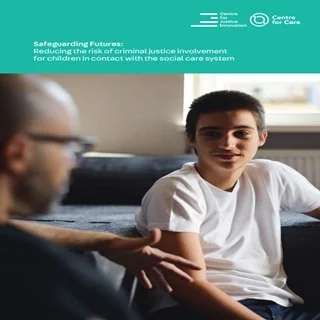By Human Rights for Kids
This report details the results of a study on the prevalence of Adverse Childhood Experiences (ACEs) and childhood trauma among people incarcerated in Maryland state prisons for crimes they committed as children. While the number of children detained in the juvenile justice system has sharply declined over the past two decades, this promising trend leaves out a troubling fact: Children are still prosecuted in the adult criminal justice system in every state in the country. In Maryland, more children are charged as adults per capita than in any other state save Alabama. And Maryland ranks in the top five states for the percentage of its prison population that has been incarcerated since childhood. To complete this report, researchers mailed ACE surveys to 882 people in Maryland who were incarcerated in adult prisons since childhood; 124 individuals responded. These responses indicated an average ACE score of 6.38 out of 10, and nearly 70% of respondents reported experiencing six or more ACEs prior to their incarceration. The most common ACEs identified in the responses were parental separation, household substance abuse, emotional and physical abuse and the incarceration of a household member.
Washington, DC: Human Rights for Kids, 2024. 34p.



